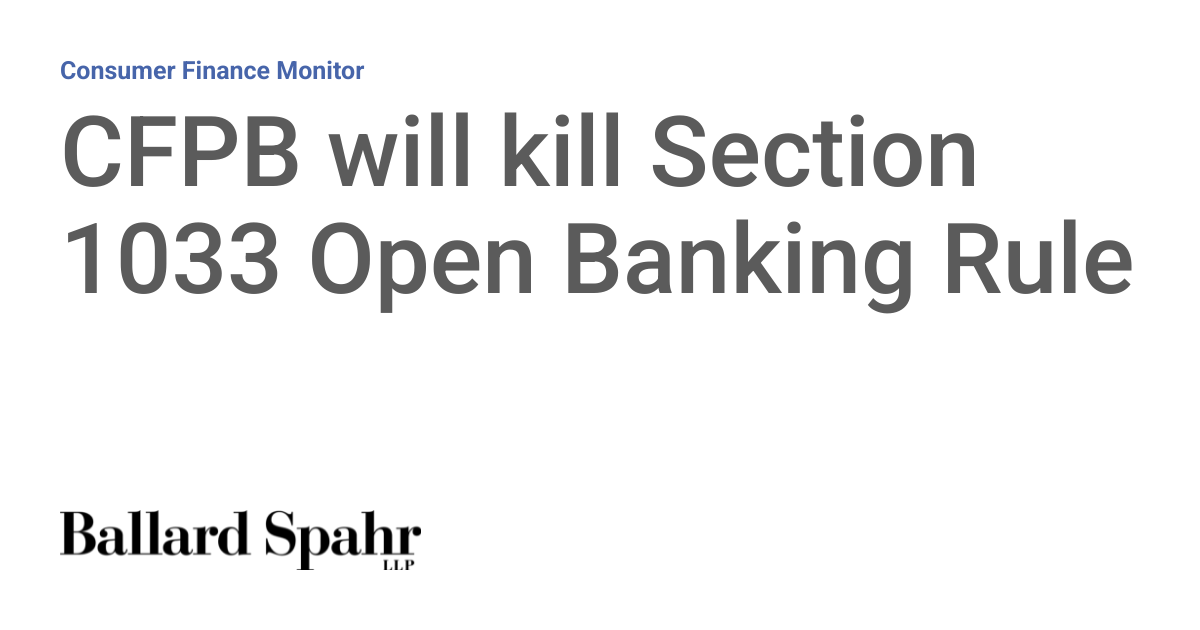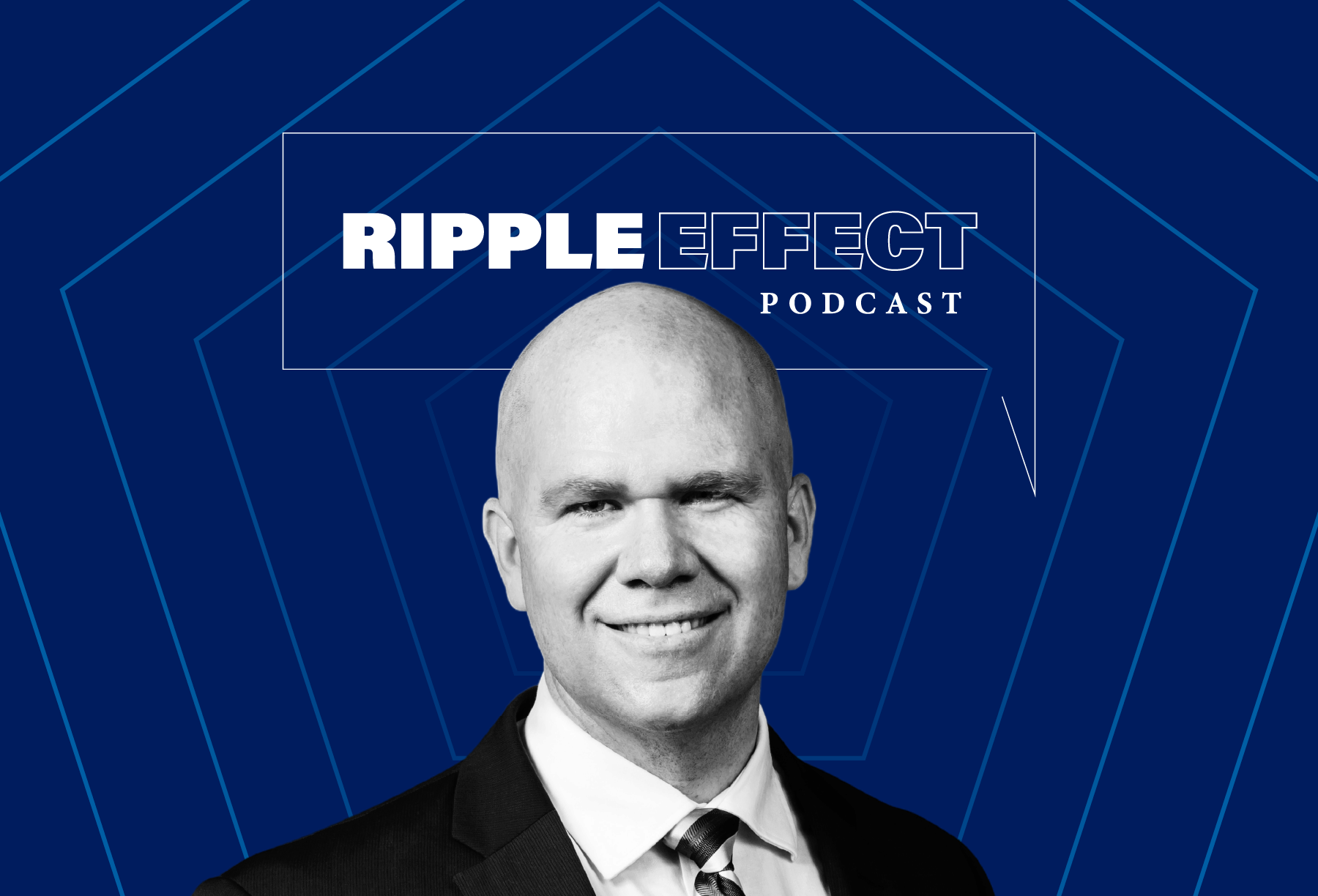The Consumer Financial Protection Bureau (CFPB) has announced its intention to repeal the Section 1033 Open Banking Rule, a move that has ignited debate among financial institutions, fintech companies, and consumer advocates. This decision follows a federal lawsuit challenging the rule, filed by the Banking Policy Institute (BPI) and the Kentucky Bankers Association in the U.S. District Court for the Eastern District of Kentucky. The lawsuit sought injunctive relief, alleging that the CFPB exceeded its statutory authority with the rule.
The CFPB, in a status report filed with the court, stated that after reviewing the rule and considering the legal issues presented, it has determined the rule to be unlawful and intends to set it aside. The bureau plans to file a motion for summary judgment by the end of the month.
Implications of Section 1033 Rule
The Section 1033 rule, part of the Dodd-Frank Act, was designed to significantly expand consumer access to their financial data. Had it been implemented, the rule would have had extensive implications for financial institutions, fintech firms, and consumers. It aimed to empower consumers to control their personal financial data and tasked the CFPB with setting standards for data sharing and protection.
Despite the current withdrawal, Section 1033 still mandates the CFPB to establish rules that enable consumers to obtain transaction data and other information related to financial products or services acquired from covered entities. A Biden Administration timeline highlights the requirement for the CFPB to develop standardized formats for this information.
Industry Reactions
The decision to repeal the rule has been met with mixed reactions. The Kentucky Bankers Association and BPI expressed support for the CFPB’s action, emphasizing that acknowledging Section 1033’s legal shortcomings is a step in the right direction. They urged technology companies to refrain from prolonging legal disputes that could jeopardize consumer financial data.
In a joint statement, they remarked, “Banks have already made it possible for hundreds of millions of Americans to safely access and share their data. The current rule undermines and disrupts that ecosystem to the benefit of tech companies looking to profit even further from consumers’ data.”
However, the Financial Technology Association has criticized the CFPB’s decision, arguing that it benefits traditional banks at the expense of digital financial services. Penny Lee, President and CEO of the Financial Technology Association, stated, “Vacating the 1033 rule is a handout to Wall Street banks, who are trying to limit competition and debank Americans from digital financial services. Americans must have the right to control their financial lives, not the nation’s biggest banks.”
Future of Open Banking
The future implementation of Section 1033 remains uncertain, particularly with the Trump Administration’s stance on financial regulations. It is unclear how or if the administration will enforce the requirements of Section 1033. This uncertainty continues to fuel discussions about the balance between consumer data rights and the interests of financial institutions.
As the conversation around open banking evolves, stakeholders from various sectors will be closely watching the developments in this case and any potential impacts on the financial services landscape.
For more updates and in-depth analysis on fintech and financial regulations, subscribe to fintechfilter.com.
Note: This article is inspired by content from https://www.consumerfinancemonitor.com/2025/05/28/cfpb-will-kill-section-1033-open-banking-rule/. It has been rephrased for originality. Images are credited to the original source.







